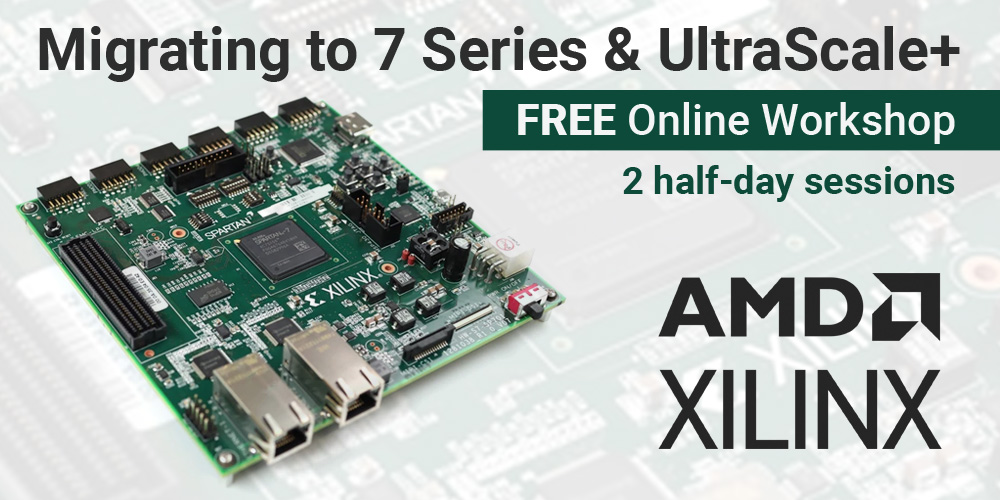Global training solutions for engineers creating the world's electronics
- Training
-
Events
Free Online Training Events
-
KnowHow
Free Technical Resources
- Training
- Events
- KnowHow
- About
- News, PR & Events
- Partners
- Reference Guides
- Contact
- Booking Terms & Conditions






